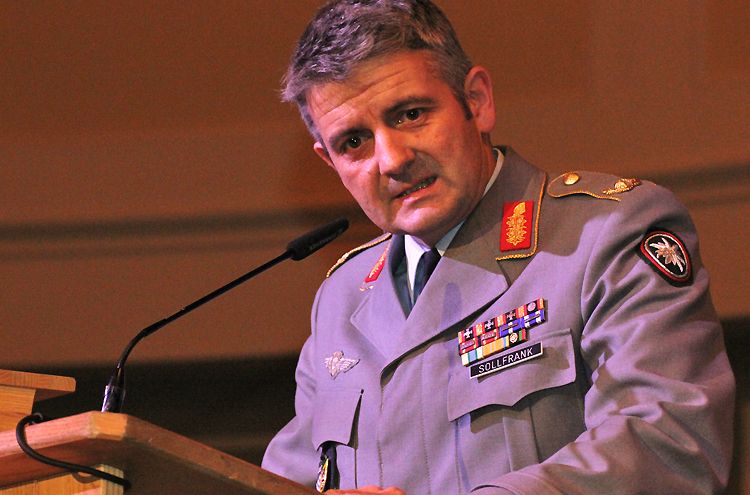Lieutenant General Alexander Sollfrank has warned that NATO should prepare for potential Russian missile strikes in Europe if a full-scale war with Russia erupts. Lieutenant General Sollfrank, a commander at NATO’s military logistics center in Germany, stated this in an interview with The Times published on January 28.
NATO forces have bolstered their capabilities and readiness since Russia’s full-scale invasion of Ukraine began. While the West has managed to avoid the likelihood of a full-blown conflict between the alliance and Russia so far, concerns linger that it has not fully acknowledged its possibility.
Repeated warnings about conflict with Russia
Several NATO commanders and leaders within the alliance have issued increasingly blunt warnings in recent months about the risks of such a conflict and its potential repercussions across Europe.
Earlier in January, Lieutenant Admiral Rob Bauer, the chair of the NATO Military Committee, cautioned that NATO nations should brace for the chance of a full-scale war with Russia within the next 20 years.
Read more: Putin sparks fears with NATO after trip to Kaliningrad
Sollfrank and other NATO generals cautioned that a direct military confrontation with Russia could occur within the next three years.
In such a scenario, Germany could likely be a prime target as the central hub of NATO’s logistics in central Europe, they explained.
Sollfrank noted that NATO currently possesses the capability to defend against and potentially deter a potential Russian incursion. However, given the current distribution of NATO forces across the continent and the lack of readiness along the eastern flank, NATO armies might face difficult decisions.
“We’ve been highly focused on the east,” said Brigadier General Frank Schmitz.
“I believe we also require capabilities to reinforce the rear: a variety of capabilities.”
Nevertheless, there are lingering issues, such as challenges with the compatibility of NATO equipment and personnel, that could impede an effective response, Sollfrank pointed out.
“I believe we can… initiate this process and minimize or adjust the bureaucracy or any obstacles where it may be feasible and necessary,” Sollfrank concluded.
